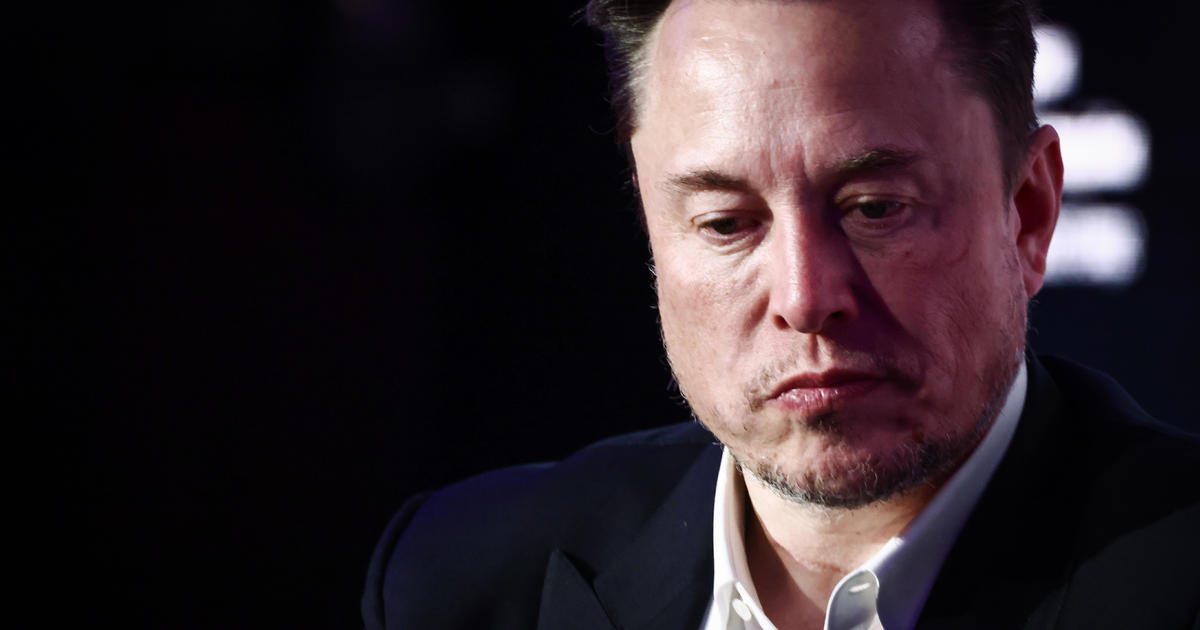Elon Musk admits Tesla Model 3 has braking problems
Tesla CEO Elon Musk admitted in a tweet that the Model 3 has braking problems, a flaw Consumer Reports highlighted in a Monday review.
Musk vowed to fix the issue, which the influential magazine said included long stopping distances. Consumer Reports tests cars for the distance they require to come to a stop when the driver hits the brakes at 60 miles per hour. The Model 3 required 152 feet, which CR said was "far worse than any contemporary car we've tested."
Musk tweeted that the problem could be fixed "in a few days."
"Looks like this can be fixed with a firmware update," he tweeted. "Will be rolling that out in a few days. With further refinement, we can improve braking distance beyond initial specs. Tesla won't stop until Model 3 has better braking than any remotely comparable car."
Musk added that Consumer Reports "has an early production car. Model 3 now has improved ride comfort, lower wind noise & many other small improvements. Will request that they test current production."
Consumer Reports on Tuesday praised Tesla for moving to address the Model 3's braking problems Improving the vehicle's stopping distance is "good for everyone on the road," said Jake Fisher, director of automotive testing at Consumer Reports, in a statement.
Tesla (TSLA) is already facing questions about whether it can build Model 3s fast enough to meet consumer demand, an issue that's worrying some investors. Consumer Reports did praise the all-electric Model 3's handling, acceleration and "record-setting range," but the mixed review was a contrast to the magazine's rating for Tesla's Model S. That $75,000 car received the highest score the magazine has ever handed out.
It was less clear how Tesla might address another criticism Consumer Reports highlighted: the Model 3's distracting central touch screen. Drivers must use it to do everything from adjusting mirrors to changing air-conditioning flow, rather than the typical physical buttons inside most cars.
"These types of complex interactions with a touch screen can cause driver distraction," Consumer Reports noted, "because each act forces drivers to take their eyes off the road and a hand off the steering wheel."



